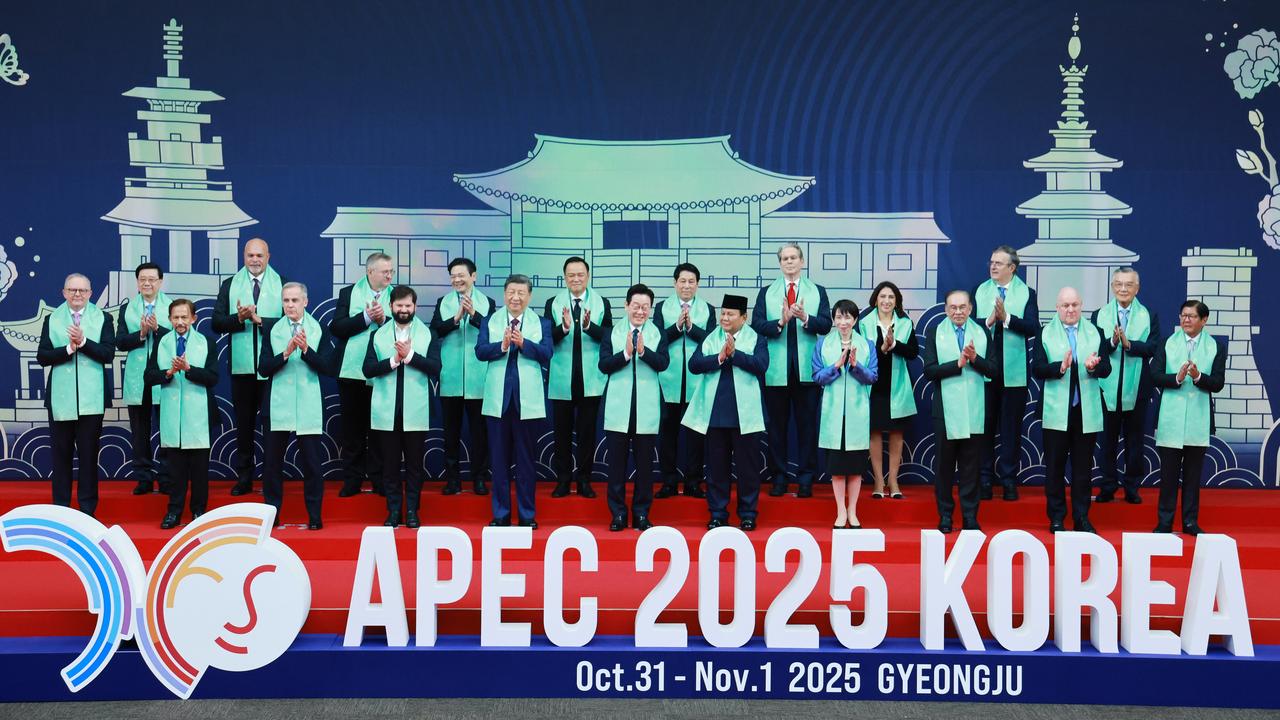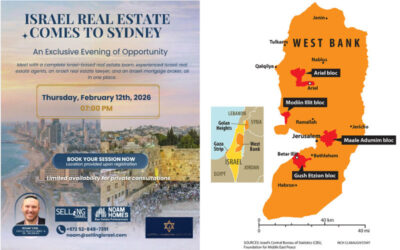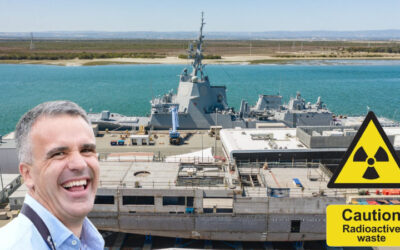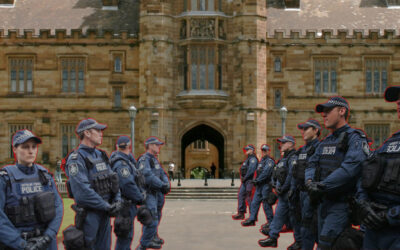Leaders of 21 Asia-Pacific Rim nations have wrapped up their annual summit with a statement underscoring regional economic co-operation, just days after the presidents of the United States and China agreed to dial down their trade war.
After two days of the Asia-Pacific Economic Co-operation summit in the South Korean city of Gyeongju, APEC leaders issued a joint statement pledging greater co-operation to overcome shared challenges in a global economy hit hard by trade tensions between the US and China, the world’s two largest economies.
On Thursday, US President Donald Trump and China’s Xi Jinping – who met on the sidelines of the APEC summit – dialled back earlier steps and agreed to de-escalate trade tensions.
Trump, known for his dismissal of multilateralism, quickly left South Korea after the agreement with Xi, allowing the Chinese president to steal the limelight at the summit.
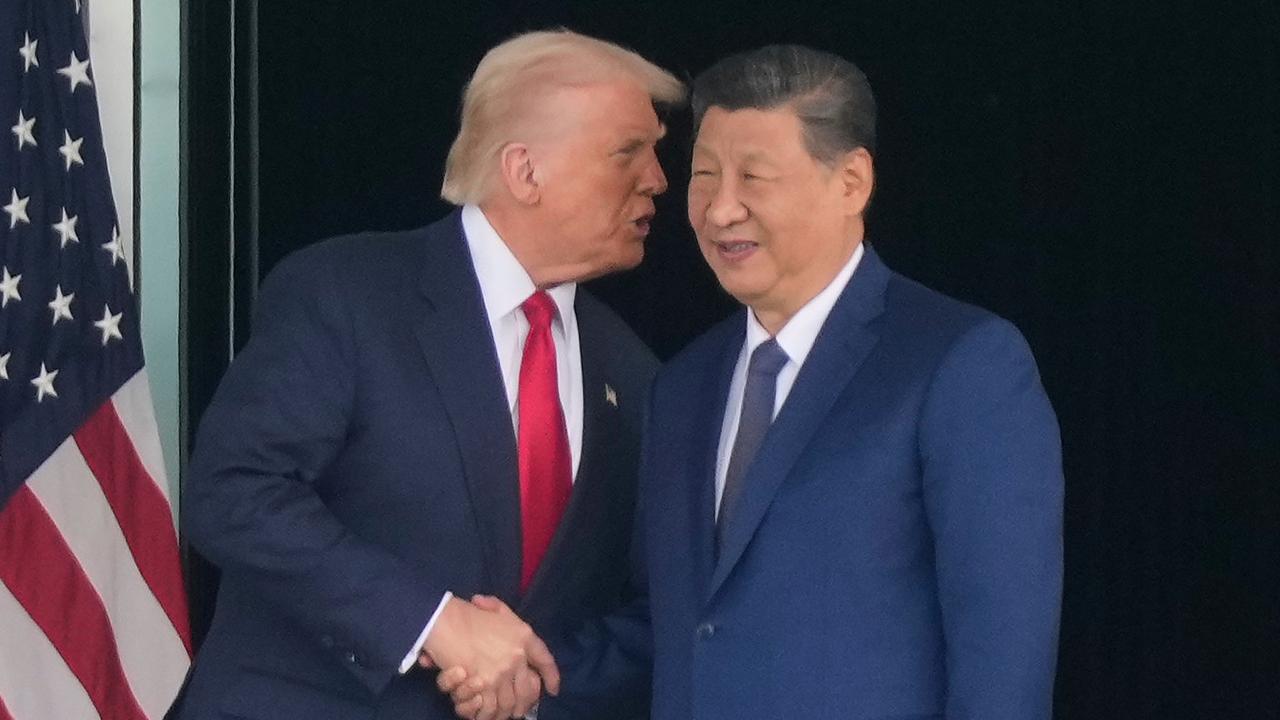
The joint statement on Saturday declared that the APEC leaders “acknowledge the global trading system continues to face significant challenge”.
“We reaffirm our shared recognition that robust trade and investment are vital to the growth and prosperity of the Asia-Pacific region,” it said.
The joint declaration also said APEC members remained committed to the Putrajaya Vision 2040, a new 20-year growth vision adopted in 2020 that calls for a trade environment that’s “free, open, fair, non-discriminatory, transparent and predictable”.
On Friday, Xi told the summit that China would support global free trade and supply chain stability – an apparent effort to position his country as an alternative to Trump’s protectionist policies.
In written remarks sent to a CEO summit held in conjunction with APEC, Xi said that “investing in China is investing in the future”.
Xi also met his Japanese, Canadian and Thai counterparts bilaterally on Friday and was to meet South Korean President Lee Jae-myung on Saturday for one-on-one talks that Seoul officials said would touch on efforts to achieve denuclearisation of the Korean Peninsula.
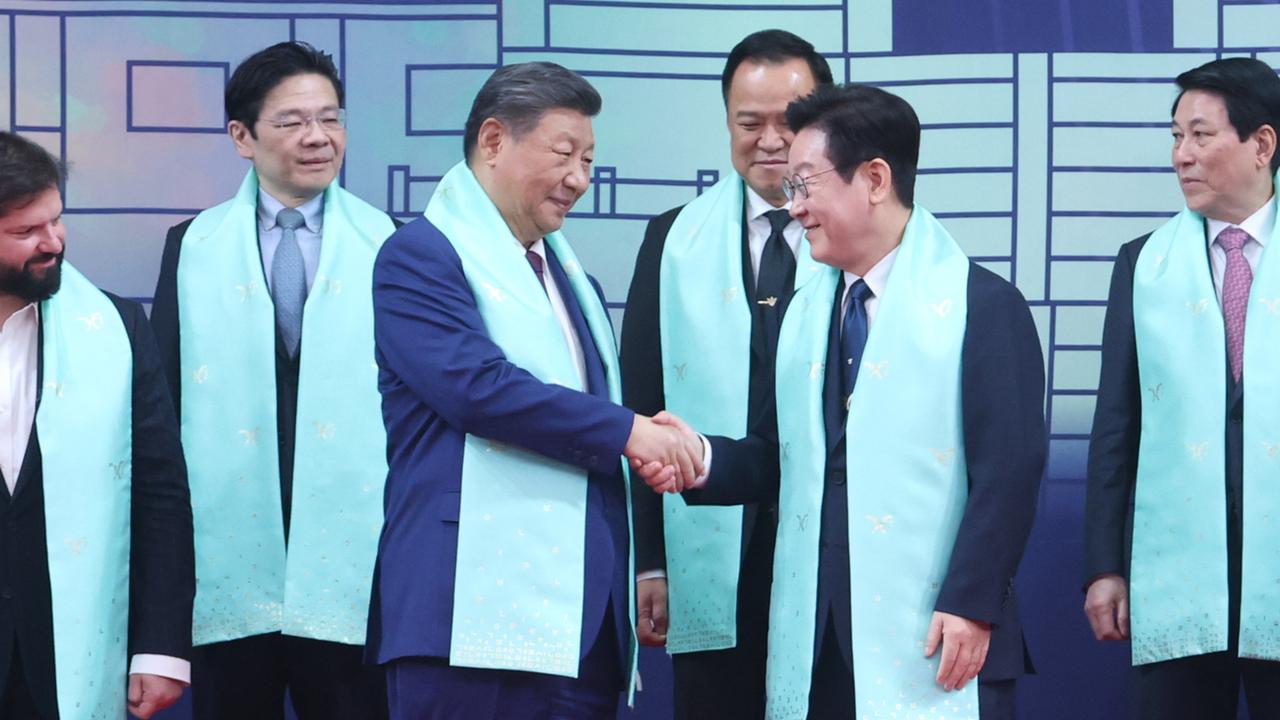
That agenda has apparently angered North Korea, a non-APEC member.
North Korea’s Vice-Foreign Minister Pak Myong-ho on Saturday slammed South Korea for talking about “its daydream” of realising North Korea’s denuclearisation.
He said North Korea would show how such a push is “a pipe dream” that could never be realised.
Lee, an advocate of reconciliation with North Korea, said he would take “more active pre-emptive steps” to lower military tensions with the North, stressing that peace on the Korean Peninsula is essential to prosperity of the Asia-Pacific region.
North Korea has since vowed not to place its advancing nuclear program on a negotiating table, but experts say the North would aim for winning extensive sanctions relief in return for a partial surrender of its advancing nuclear program.
While the summit focused on ways to boost trade and investment on Friday, Saturday’s meeting had co-operation in the field of artificial intelligence, demographic challenges and cultural industries on its agenda.
APEC leaders also issued two separate statements on Saturday.
One called for a co-ordinated approach to the changes brought on by AI, which they described as a potential economic catalyst that also poses challenges in rapidly evolving digital environments.
The other urged for co-operation to address declining birth rates, aging populations and accelerated urbanisation.
Established in 1989, APEC champions free and open trade and investment to promote regional economic integration.
But the region now faces challenges such as the US-China rivalry, supply chain disruptions, aging populations and the impact of AI on jobs.
The US strategy recently shifted to economic competition with China rather than co-operation, with Trump’s tariff hikes and “America first” agenda shaking markets and threatening decades of globalisation and multinationalism.
Australian Associated Press is the beating heart of Australian news. AAP is Australia’s only independent national newswire and has been delivering accurate, reliable and fast news content to the media industry, government and corporate sector for 85 years. We keep Australia informed.
